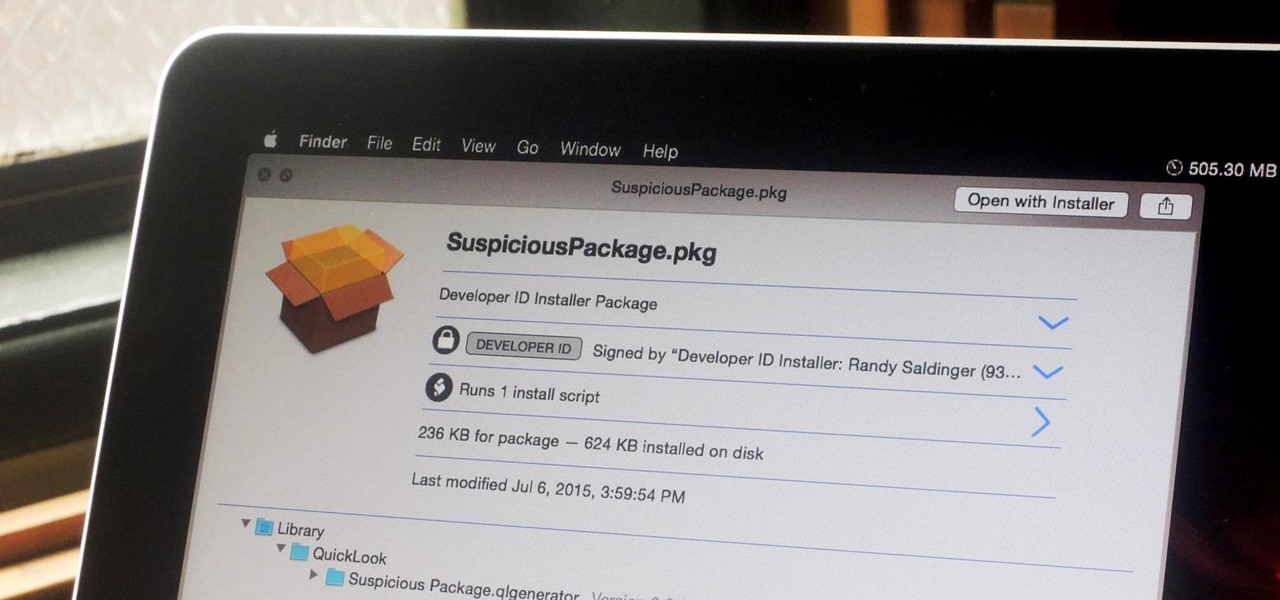

- #MAC PKG INSTALLER CLOSES FOR MAC#
- #MAC PKG INSTALLER CLOSES MAC OS X#
- #MAC PKG INSTALLER CLOSES .EXE#
- #MAC PKG INSTALLER CLOSES SOFTWARE LICENSE#
- #MAC PKG INSTALLER CLOSES ZIP FILE#
Result: Installation will take some time. Note: You may have to close certain applications for installation to complete.
Enter the username and password for your local computer account and click OK. Result: You are prompted for your name and password: Click Agree Result: The Installation Type is displayed:. Result: You are asked to agree to the Software License: #MAC PKG INSTALLER CLOSES SOFTWARE LICENSE#
Result: The Software License Agreement is displayed:
 Double-click the Microsoft_Office_1001_Installer.pkg icon.
Double-click the Microsoft_Office_1001_Installer.pkg icon. #MAC PKG INSTALLER CLOSES ZIP FILE#
Double-click the downloaded zip file to decompress it.You'll have a folder with Installer pkg and a Serializer pkg. #MAC PKG INSTALLER CLOSES FOR MAC#
Install or Upgrade to Microsoft Office for Mac 2021. Hopefully someone else finds this useful. I've been coming back and trying to solve this problem for MONTHS. My program also now opens from double clicking the app as intended. Macs will find the location properly, and you will be able to reference the same file every time you open the program. This solution will make any created file drop right next to your Unix Executable in the Mac app bundle, and NOT in the random temp file. To resolve this issue use the following snippet: import sysĬurrent_Path = os.path.dirname(sys.executable)Ĭurrent_Path = str(os.path.dirname(_file_))Īnd then connect it to your log/shelf/save file names accordingly: shelfFile = shelve.open(os.path.join(Current_Path, 'example_data')) Some newer macs don't have permission to write there, and additionally you get a new temp folder every time you open the program, making it useless for logs or saves. You COULD use _meipass to guide your log/shelf file (or whatever) to the correct temp folder, but this causes other problems. For some reason Macs can find their way to the correct run-time temp folder when run from the unix executable, but get lost when run from the app. When you run a pyinstaller build Macs will do all their run-time things in a random temp folder. Your spec file looks perfect to me.įor me I traced the issue down to my program having to write files to the disk, whether it be creating a log file, or creating a shelf file (which I use for save date). Like you, the Mac build app closes after opening, but if you navigate through the app folder and open the Unix Executable directly it runs flawlessly. One is a BOM file (bill of materials) which gets turned into a receipt that you can use to uninstall the app. (Note: if you do not see Show Package Contents you will need to open Terminal.app and run pkgutil -expand mystubbornpackage.pkg path/to/expand). This is defined by a Pyinstaller build that works fine on Windows and Linux, but closes immediately after building on Mac. If you right click it, and click Show Package Contents youll get a few files in a Contents folder. The -i flag is for adding an icon to my program.Īfter many hours scouring/tinkering, I think I have found a solution!! #MAC PKG INSTALLER CLOSES .EXE#
exe instead of having a lot of files surrounding my. The -F flag was to bundle everything into one. It looked like this: pyinstaller -c -F -i cm_icon.ico console_monopoly.py Note: On Windows, this option will have no effect if the first script is a ‘.pyw’ file. exe to open a console and keep it open using the -c flag. I also tried a different command-line command. I think that this was my main thing because the first time I installed it, I believe my antivirus prevented some of the components from installing correctly and when I reinstalled it, it probably patched in the holes. I reinstalled pyinstaller using: pip install pyinstaller When I ran my code from the terminal using python my_script.py the program would run fine. I had the same problem as you even though I knew my code wasn't supposed to close immediately since it waited for user_input. The lsbom command can be used to see this list, and to uninstall the application.
#MAC PKG INSTALLER CLOSES MAC OS X#
pkg-type installer, Mac OS X keeps a listing of what was installed in the Library/Receipts folder - either the top-level Library, or your user's Library. Print("Northern Beaches:", len(NorthernBeaches), "-", round(len(NorthernBeaches)/Total,4), "%") If you've installed an application from a. Print("Central Coast:", len(CentralCoast), "-", round(len(CentralCoast)/Total,2), "%") Total = len(CentralCoast) + len(OOR) + len(NorthernBeaches) + len(Invalid) With open('postcodes.txt') as input_file:






 0 kommentar(er)
0 kommentar(er)
